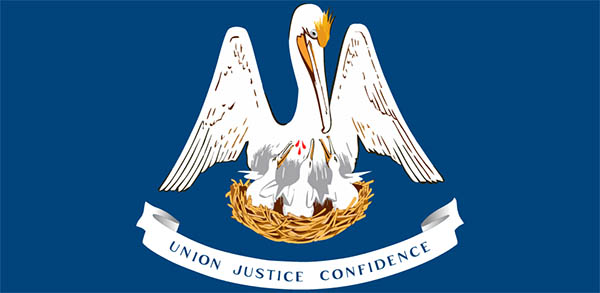In 2015, Louisiana passed a law authorizing the prescription of marijuana for the treatment of certain qualifying medical conditions, such as glaucoma, cancer, and spastic quadriplegia. In 2018, the statutory list of conditions was amended to include post-traumatic stress disorder, autism, and chronic pain. In the same amendment, the legislature designated the Louisiana Department of Agriculture and Forestry to oversee the production of medical marijuana. Since then, employers with operations and employees in Louisiana have been preparing for the new reality of managing marijuana in the workplace. These preparations are set to become even more challenging for Louisiana’s employers in light of new workplace realities and changes to the state’s medical marijuana law set to take effect in August 2020.
The Updated Louisiana Marijuana Law
On June 16, 2020, Louisiana Governor John Bel Edwards signed into law House Bill No. 819. Effective August 1, 2020, Louisianans’ ability legally to use marijuana to treat medical conditions will be greatly expanded. The law amends and reenacts current Louisiana laws addressing the use of medical marijuana. The newly enacted measure removes certain restrictions and requirements concerning who can recommend medicinal marijuana to patients and greatly expands the conditions for which doctors can legally recommend marijuana to their patients.
Significant Changes to Louisiana’s Current Marijuana Law
The first significant change to the current law deals with which doctors may legally recommend marijuana to Louisiana patients. Under current law, a doctor issuing a “recommendation” providing for the dispensing of marijuana to a patient for the treatment of one of the medical conditions enumerated under the law, must be certified or authorized by the Louisiana State Board of Medical Examiners to make such recommendations. The new law removes the certification prerequisite for doctors to recommend medical marijuana to their patients. Going forward, any doctor “licensed by and in good standing with the Louisiana Board of Medical Examiners” to practice medicine in Louisiana may recommend medical marijuana to his or her patients for the treatment of medical conditions.
Another substantial change brought about by the new law is the list of medical conditions that Louisiana doctors may legally treat with marijuana. The current law provides that medical marijuana is legally available for a finite list of 16 medical conditions: cancer, positive status for human immunodeficiency virus (HIV), acquired immune deficiency syndrome (AIDS), cachexia or wasting syndrome, seizure disorders, epilepsy, spasticity, Crohn’s disease, muscular dystrophy, multiple sclerosis, glaucoma, Parkinson’s disease, severe muscle spasms, intractable pain, post-traumatic stress disorder, and some conditions associated with autism spectrum disorder.
Once the changes take effect on August 1, 2020, the list of medical conditions legally treatable with marijuana will no longer be so finite. In addition to the 16 conditions doctors may currently treat with marijuana, the law will address “neurodegenerative diseases and conditions” including the following diseases and conditions that will qualify for treatment with marijuana: Alzheimer’s disease, amyotrophic lateral sclerosis ALS, Huntington’s disease, Lewy body dementia (LBD), motor neuron disease, Parkinson’s disease, and spinal muscular atrophy. The law will also incorporate four specified medical conditions that Louisiana doctors may also legally treat with marijuana: “traumatic brain injury,” concussions, “chronic pain associated with fibromyalgia,” and “chronic pain associated with sickle cell disease.”
Finally, the law sets forth two unspecified, general medical conditions that qualify for treatment with marijuana. Licensed doctors in Louisiana may recommend marijuana to their patients for the treatment of “any condition for which a patient is receiving hospice care or palliative care.” Louisiana doctors may also, in their discretion and medical opinion, recommend medical marijuana to patients for the treatment of “[a]ny condition.” While it is unclear what impact the current medical marijuana law has had on Louisiana workplaces, any impact is sure to broaden now that any medical doctor may treat “any condition” with marijuana.
Key Takeaways
Louisiana employers may want to take proactive steps to manage the reality of medical marijuana at work. Some of those steps include:
- amending policies and job descriptions to prohibit drug addiction;
- amending policies and job descriptions to prohibit impairment at work;
- training supervisors to be alert to behaviors associated with marijuana intoxication; and
- reviewing interview and onboarding materials for compliance with standards regarding medical inquiries.

